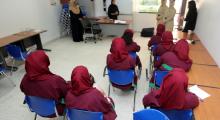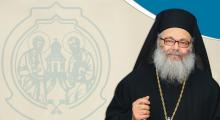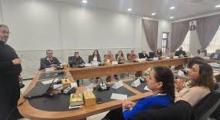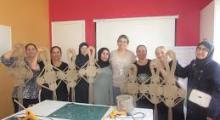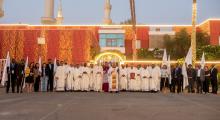Issued by the Catholic Center for Studies and Media - Jordan. Editor-in-chief Fr. Rif'at Bader - موقع أبونا abouna.org
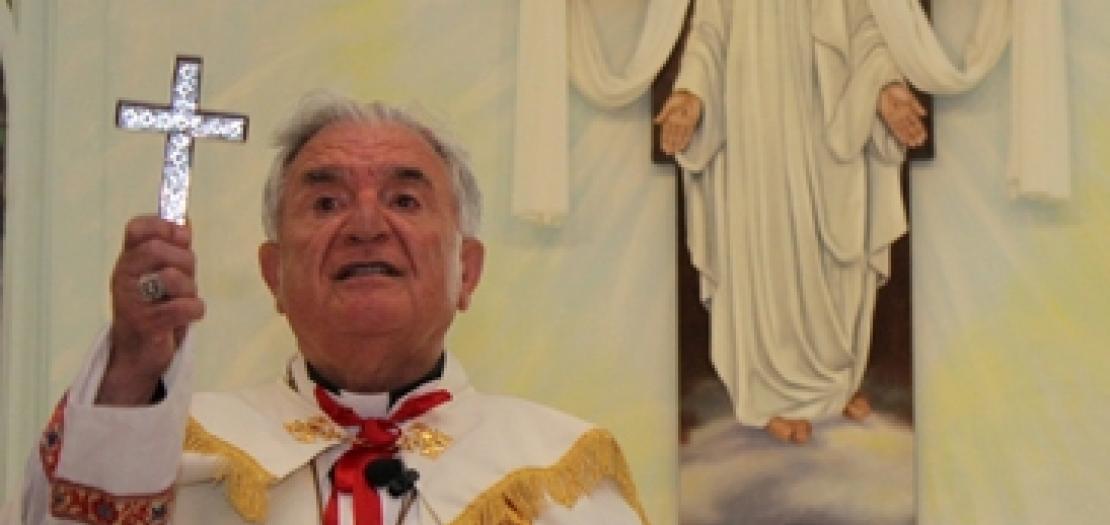
Following is the text of a statement presented to the Holy Chaldean Synod in the aftermath of the referendum on Kurdistan
Now that the Referendum regarding the Independence of Kurdistan has occurred, and its results announced, it is incumbent on the Chaldean leaders to declare their position in that regard, concerning their people. Myself, as a Chaldean Bishop, involved in our Chaldean people issues, on national and ecclesiastical matters, I realize it my duty to provide publicly my comments and vision, in this decisive juncture of history. Here is a basic outline:
1- Since the collapse of the Ottoman Empire, the Chaldeans were initially passive in regard to their national identity and rights, the Assyrians were very active, and tragically so. Chaldean leadership's conflicting policy confused many Chaldeans in their identification and their partisan belonging, and still does. The Kurds meanwhile asserted their identity and rights with a sustained struggle for the past one hundred years and more, reaching now the stage of decision making, which must include Chaldeans (and Assyrians).
2- The Kurds are entitled to their national identity and rights, but so are the Chaldeans and the Assyrians and other historic components of the Iraqi society. Recognizing one segment's rights should not be at the expense of someone else rights. Bluntly put: Kurds, claiming today their rights, must respect as well the Iraqi first indigenous segment, the Chaldeans, who were the allies of the Medes, the Kurds' ancestors, since 612 BC.
3- Speaking for myself, I am Chaldean, claiming my full national rights in Iraq, including cultural, religious, financial, and most of all territorial rights, both in South and North of Iraq, including Kurdistan Region. I believe many Chaldeans–probably the majority of them– especially if informed about the matter, would take similar stand. In details:
a) Our language, a genuine Iraqi tongue, is Chaldean, not Syriac (which means unavoidably "of Syria"). Surely, we shall fully respect those who would like to be called Syrian and Syriac.
b) Our nationality is Chaldean. It is not that miserable formula-conspiracy, invented in Kurdistan, the Chaldean Syrian Assyrian nomenclature.
c) Chaldeans are culturally, the main remnant of ancient Iraq, expressing through their ancestral Chaldean language a consistent and unbroken continuity for at least three thousand years. Their spiritual heritage, manifested mostly in their way of worship (liturgy), is as well a religious line of continuity that goes back to Abraham of Ur and ancient Babylon.
d) Many Chaldean villages in today's Kurdistan have been occupied by the Kurds, mostly during the genocide of 1915 and at the time of Saddam. They still are. Thus, what is called now Kurdistan is not exclusively the Land of the Kurds. Chaldeans have good share in it. Therefore, territorial, cultural, and administrative entitlements must be recognized for the Chaldeans.
Conclusion: Chaldeans, inside and outside Iraq, numbering today one million people, must be included in being recognized and treated as such, I mean as Chaldeans, in the formulation of the future of Iraq. Thus, the need for a comprehensive national Iraqi conference, endorsed internationally, to organize the future of Iraq with justice for all of its components.


